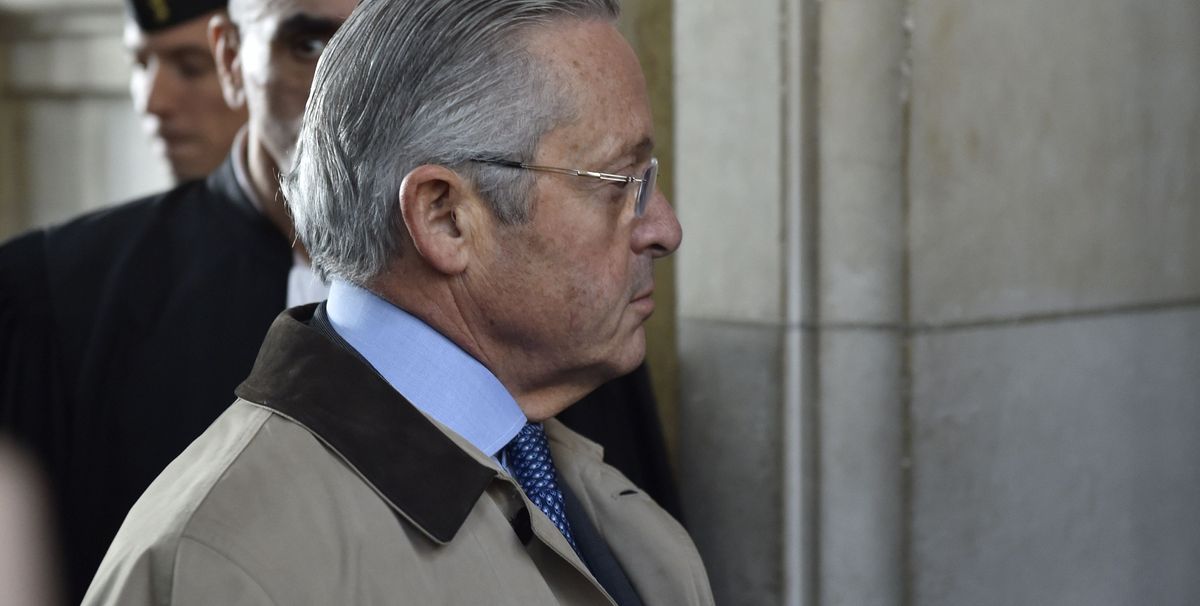Guy Wildenstein, the principal heir of one of the biggest art dealing dynasties in the world, has been cleared of tax fraud and money laundering by the Paris criminal court today (12 January). Wildenstein and seven other co-defendants had been accused of hiding paintings and properties worth hundreds of millions of euros from the French taxman.
The presiding judge Olivier Geron said there had been a “clear attempt” at concealment, according to the BBC. But shortcomings in the investigation and French tax fraud legislation meant it was impossible for Geron to return a guilty verdict for any of the accused.
Wildenstein and other members of his family were charged with having hidden the majority of a fortune estimated at several billion euros thanks to a sophisticated web of trusts and tax havens. The month-long trial last year offered a glimpse into the often opaque art world, shining a spotlight on how the Franco-American family handled its assets, including an art collection of more than 2,500 works, following the death of Guy Wildenstein’s father Daniel in 2001 and his brother, Alec, in 2008.
The defence case focused on the legal uncertainty around the financial trusts in which the Wildensteins registered their assets. The rule that requires such trusts to be declared only came into effect in 2011, years after the deaths of Daniel and Alec. Lawyers for the Wildensteins also argued that the assets held by trusts did not legally belong to Daniel Wildenstein, and so did not need to be declared by the family when settling the estate tax.
Prosecutors had requested a four-year prison sentence and a hefty fine of €250m for Guy Wildenstein, which could have had far-reaching repercussions for the art market if he had been forced to sell parts of his collection swiftly to pay the penalty.


